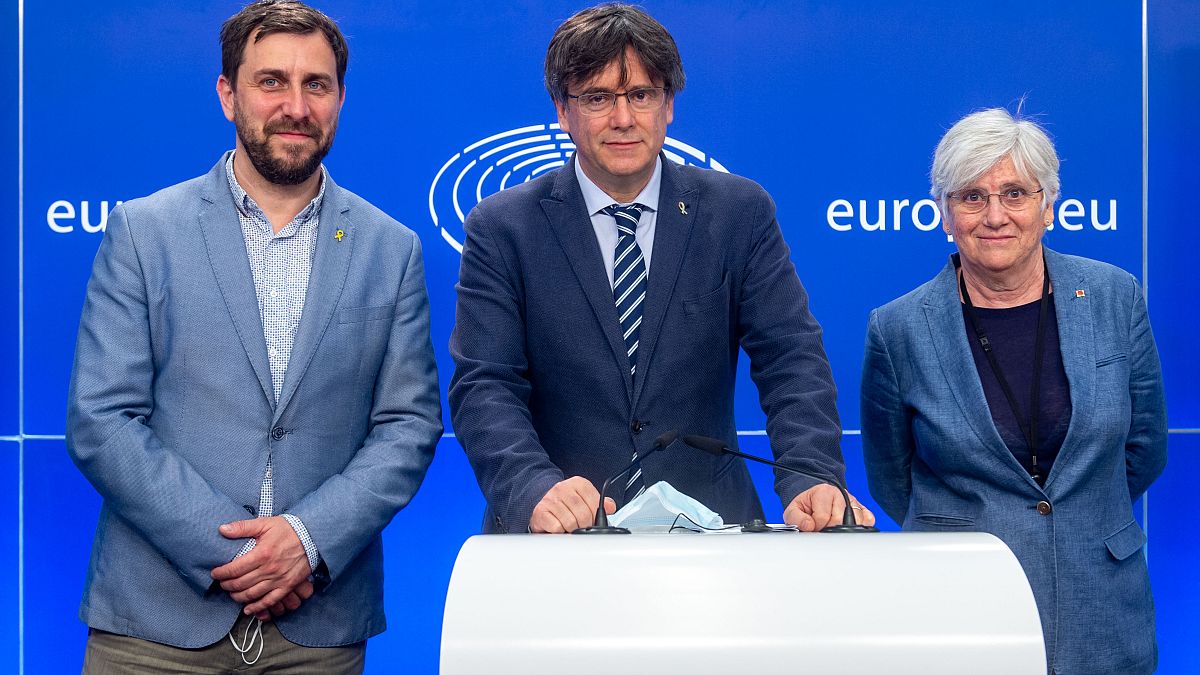The European Court of Justice recently ruled in favor of former European Parliament president Antonio Tajani’s decision not to recognize Carles Puigdemont as an MEP. The court stated that Tajani was simply following the required procedures and had no power to verify the list of elected members officially notified to him by Spanish authorities. This decision has put the future of Antonio Comín, who was re-elected in the 2019 elections but has yet to take up his seat, in jeopardy.
Under Spanish electoral law, MEPs must take an oath to respect the national constitution before the Spanish Central Electoral Commission can notify the European Parliament of the list of elected candidates. Both Comín and Puigdemont were unable to do so as they had been on the run from the Spanish judiciary since 2017 following an illegal independence referendum. As a result, their posts were declared vacant by the Central Electoral Commission, and Tajani informed them that they could not be considered EU lawmakers.
Despite being able to initially take their seats in early 2020, Puigdemont and Comín’s status as MEPs has been questioned once again following this recent ruling. Comín, in particular, has been impacted as he has been unable to take his seat in the European Parliament since last June’s elections. The Parliament has refused to make a decision on his status until the ruling of the European judiciary is known, leaving Comín in a state of uncertainty.
Both Puigdemont and Comín have remained silent following the recent ruling. The European Parliament has acknowledged the decision and stated that its legal services are currently analyzing it. This ruling has brought clarity to the situation surrounding Puigdemont and Comín’s status as MEPs, highlighting the complexities of EU institutions’ relationships with member states’ legal systems.
Overall, the European Court of Justice’s ruling has upheld the decision not to recognize Carles Puigdemont as an MEP, emphasizing the importance of following the required procedures in European elections. The future of Antonio Comín remains uncertain as the European Parliament continues to assess the implications of the court’s decision. The case serves as a reminder of the legal intricacies involved in the relationship between EU institutions and member states’ legal frameworks.











